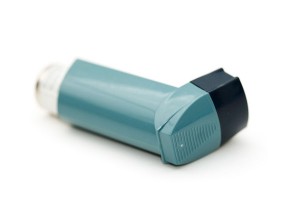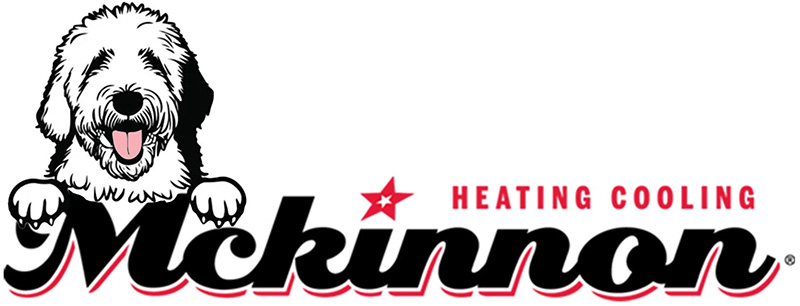Home Air Quality
How Your Home’s Indoor Air Quality Can Affect Your Health
 The typical Canadian spends an average of 90% or more of their time indoors. We think of home as a safe place, but if your home’s indoor air quality is poor, it can cause many health problems for you and your family.
The typical Canadian spends an average of 90% or more of their time indoors. We think of home as a safe place, but if your home’s indoor air quality is poor, it can cause many health problems for you and your family.
When you’re exposed to indoor air pollutants, the health effects could be immediate or they may arise years later. It’s important to provide a healthy atmosphere in your home.
What Are Indoor Air Pollutants?
Indoor pollutants can be anything such as gases or particulates that are released into the air. When your home doesn’t have adequate ventilation, these pollutants linger, increasing the chances that you’ll breathe them in. High temperature levels and well as high humidity are contributing factors to elevated pollutant levels. Your home’s air quality could be affected by:
- Carpeting: Carpets often collect mold spores, pet dander, dust, and allergens. New carpets can also release formaldehyde into the air.
- Basements, bathrooms, and kitchens: These places collect moisture, which makes it easy for mold to grow. Signs of mold include a musty smell and discoloured ceilings, walls, and floors.
- A damaged foundation: Leaks in your foundation can cause mold. Cracks in your foundation can lead to a buildup of radon gas, which can cause lung damage or cancer.
- Pressed wood furniture: Furniture made of particleboard, plywood, or hardwood often releases formaldehyde gas into the air.
- Gas-powered appliances: Furnaces, fireplaces, and gas-powered stoves/ranges can all be sources of carbon monoxide.
- Your garage: Idling your car in your garage could lead to a buildup of carbon monoxide gas. Using gas-powered machines like lawnmowers and snow blowers in your garage is also dangerous.
- Second-hand smoke: Second-hand smoke contains many toxic substances like carbon monoxide, formaldehyde, and benzene.
- Household cleaning products: There’s a reason most of them state ‘Use only in a well ventilated area.’
- Personal care products: Such as hair sprays.
- Insulation: Insulation in attics, crawl spaces, and other locations that are exposed can filter into the air.
Many of these contributing factors are easy to repair or replace. Others require professional assistance to remedy.
The Impact of Poor Indoor Air Quality
Poor air quality in your home can cause numerous health problems, both short-term and long-term, including:
- Dizziness and nausea
- Eye, nose, throat, and skin irritation
- Headaches, fatigue, and shortness of breath
- Sinus congestion, coughs, and sneezing
- Worsening allergy/asthma symptoms
Children and people with suppressed immune systems, lung diseases, allergies, or asthma are at higher risk for these health ailments.
Hiring a Home Heating Professional Can Help
Improving your home’s indoor air quality means removing the sources of problems like mold and carbon monoxide. Luckily, there are many things you can do yourself, like fixing leaky pipes and not smoking indoors.
However, there are other things where you’ll need the help of a professional, like one from Mckinnon Heating, to fix these problems. Mckinnon can:
- Make sure that your home is properly ventilated
- Repair your furnace or water heater
- Test your home’s indoor air quality
- Clean and replace your home’s air filters
Provide Clean Air with Proper Ventilation
Mckinnon has decades of experience providing the highest quality heating and cooling systems. We also understand the importance of proper ventilation. Call on us now for an assessment of your home’s indoor air quality and let us help you and your family breathe easier.


